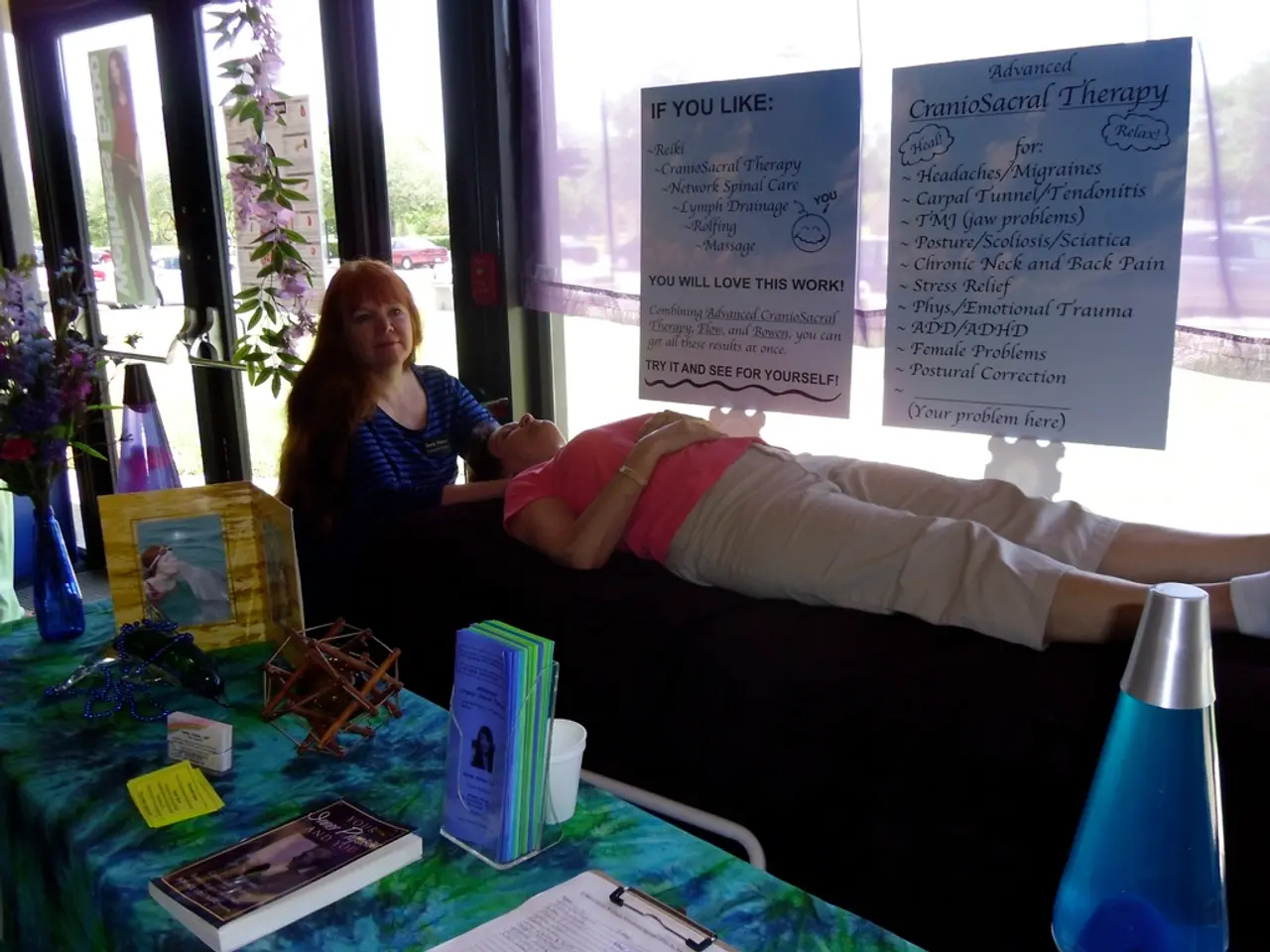Results of the extended 32-week phase of the RewinD-LB study by CervoMed to be unveiled today
CervoMed Inc. (CRVO) has made significant strides in the treatment of dementia with Lewy bodies (DLB), a progressive disease with no approved drugs for treatment. The biotech company announced positive new results from the 32-week Extension phase of its Phase 2b RewinD-LB study evaluating neflamapimod, a potential game-changer for DLB patients.
The Extension phase results showed a 54% reduction in risk of clinically significant progression overall, rising to 64% in patients with minimal Alzheimer's co-pathology. This demonstrates neflamapimod’s sustained effect on slowing disease progression. Moreover, a key plasma biomarker of neurodegeneration, glial fibrillary acidic protein (GFAP), was significantly reduced at week 32.
The trial also highlighted the importance of formulation improvements. New capsule formulations achieved better plasma concentrations and a 40% lower rate of worsening compared to the old capsules, with similar safety profiles.
These findings reinforce neflamapimod’s potential as a novel treatment for DLB, the second most common dementia after Alzheimer's disease. The success or failure of the Extension phase will significantly impact the future of CRVO and the potential approval of Neflamapimod for the treatment of dementia with Lewy bodies.
In the initial phase of the RewinD-LB study, the topline data did not meet statistical significance for its primary endpoint or key secondary endpoints. However, the new capsules for Neflamapimod used in the Extension phase may have improved the drug's efficacy, as indicated by the lower incidence of falls.
As of late July 2025, the announcement of these positive trial outcomes led to increased investor interest, reflected by a notable uptick in CervoMed’s NASDAQ-listed shares (CRVO). The exact stock price data or detailed market impact was not provided in the available sources.
Today, the 32-week Extension phase of the RewinD-LB study is presenting its primary endpoint results. The results from the first 16 weeks of the Extension phase showed improvement in the primary outcome measure, change from baseline in Clinical Dementia Rating Sum of Boxes (CDR-SB), and the Clinician's Global Impression of Change (CGIC).
In summary, the Phase 2b Extension study has shown promising results for neflamapimod in the treatment of DLB. The primary endpoint results from the Extension phase will provide additional insights into the effectiveness of Neflamapimod for the treatment of dementia with Lewy bodies. CervoMed plans to meet the FDA in Q4 2025 to discuss Phase 3 trial design based on these promising results.
- The positive results from the Extension phase of CervoMed Inc.'s Phase 2b RewinD-LB study, which demonstrated a 54% reduction in risk of clinically significant progression overall, highlights the potential of neflamapimod as a game-changer for treating dementia with Lewy bodies and could have significant implications for the biotech's finance and business strategies, such as investing in future stock-market opportunities.
- The Phase 2b Extension study has shown promising results for neflamapimod in the treatment of dementia with Lewy bodies, with the primary endpoint results indicating improvement in measures related to health-and-wellness and mental health, such as the Clinical Dementia Rating Sum of Boxes (CDR-SB) and the Clinician's Global Impression of Change (CGIC).
- The 40% lower rate of worsening observed in the trial due to new capsule formulations of neflamapimod could have implications for the biotech company's business operations, as improvements in formulation could lead to better patient outcomes and increased market share in the health-and-wellness and mental-health sectors.




